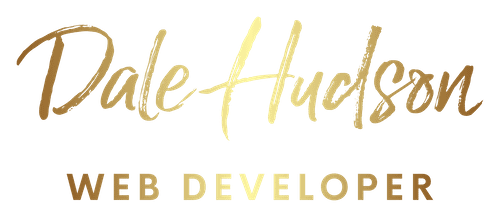Why PHP Is Still a Top Choice for Web Developers
One of the most widely used programming languages for web development is PHP, which stands for Hypertext Preprocessor. The creation of dynamic web pages and web applications uses this server-side scripting language. This article will look at PHP’s history, current applications, well-liked PHP frameworks and potential uses.
What is PHP?
PHP is a free, all-purpose scripting language that was created with web development in mind. Rasmus Lerdorf developed it in 1994, and the initial PHP version was made available in 1995. Since then, PHP has developed into a strong and adaptable language, and millions of developers use it today all over the world.
PHP is a well-liked option among web developers because of its popularity and ease of use. Among PHP’s key attributes are the following:
- Cross-platform compatibility: PHP can run on various operating systems, including Windows, Linux, and macOS.
- Integration with databases: PHP can connect to multiple databases, including MySQL, Oracle, and PostgreSQL.
- Easy to learn: PHP has a simple and intuitive syntax, making it easy to learn and use.
- Scalability: PHP is highly scalable, making it suitable for both small and large web projects.
How is PHP used today?
PHP is used in a variety of web development applications, including:
- Server-side scripting: PHP is primarily used for server-side scripting, which means that the PHP code is executed on the server before the web page is sent to the client’s browser.
- Dynamic web pages: PHP is used to create dynamic web pages that can change based on user input or other variables.
- Web applications: PHP is used to build web applications, such as social media platforms, online marketplaces, and e-learning platforms.
- Integration with databases: PHP is used to connect web applications with databases, allowing for the storage and retrieval of data.
- Content Management Systems (CMS): PHP is used to build CMS platforms, such as WordPress, Drupal, and Joomla.
- E-commerce applications: PHP is used to build e-commerce applications, such as Magento and WooCommerce.
PHP Frameworks
PHP frameworks are a combination of tools and libraries created to speed up and improve the efficiency of web development. They give developers a framework for creating web applications, enabling them to concentrate on the logic of their creations as opposed to the underlying technical details. Among the most well-known PHP frameworks are:
- Laravel: Laravel is a modern, open-source PHP framework that is known for its elegant syntax and robust features. It is a popular choice for building web applications and APIs.
- Symfony: Symfony is a high-performance PHP framework that is used to build complex web applications. It offers a wide range of features, including routing, templating, and database abstraction.
- CodeIgniter: CodeIgniter is a lightweight PHP framework that is known for its simplicity and ease of use. It is a popular choice for building small and medium-sized web applications.
- CakePHP: CakePHP is a powerful PHP framework that is used to build large-scale web applications. It offers a range of features, including data abstraction, validation, and security.
Future of PHP
New versions of PHP are regularly released, and it continues to develop and get better. A number of new features and enhancements, including better performance, union types, and named arguments, are included in the most recent version of PHP, PHP 8, which was released in November 2020. With new frameworks and libraries being created to make web development even simpler and more effective, PHP is predicted to continue to be a popular choice in the future.
Conclusion
With new frameworks and libraries being created to make web development even simpler and more effective, PHP is predicted to continue being a popular choice in the years to come.
Looking for a Full Stack Developer? Contact Me to Discuss Your Project!
I’d be interested in hearing from you if you need a web developer to work on your upcoming project. Whether you require a front-end developer to create a stunning user interface, a back-end developer to build server-side logic, or a full-stack developer to handle everything from start to finish, I have the knowledge and experience needed to produce excellent results. Therefore, don’t be afraid to email me at contact@dalehudson.co.uk if you’re interested in working together or have any questions about my services. I would be delighted to talk with you about potential projects and assist you in realising your visions.

